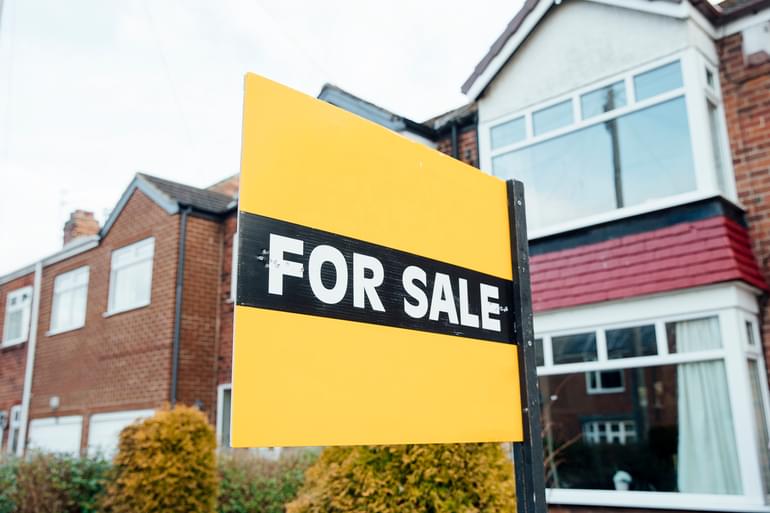Charging orders
By David Asker on
A charging order can be applied for if a county court judgment has been issued.

Generally, they are a long game as they mean the debt is secured against a property. They shouldn’t be viewed as an instant way to obtain payment from a debtor.
Applying for a charging order
You’ll need to complete the N379 form. There is also a court fee payable.
For completion of the form you will need to know about other creditors and list them and their details. You’ll also be required to list anyone else who has an interest in the property.
The impact on enforcement
The charging order doesn’t affect the ability for enforcement to be carried out.
Interim order
In the first instance, an interim order is granted by court and this freezes the asset, it means the property cannot be sold whilst the interim order is in place.
Final order
Once a final order has been granted by court it means that once the property is sold that the payment will be due. If there is a mortgage or other debts secured to the property then these will be repaid first, there is an order of priority dependent on when the debts were secured to the property.
Registering a charging order
If you are granted a charging order, then it must be registered with the Land Registry, the form that needs to be completed can be found here.
After this has been completed it means that the charging order will be listed on the title deeds.
Accrual of interest
If the amount owed is over £5,000 then 8% can be charged annually.
Order for sale
You may apply for a charging order regardless of the value of the debt outstanding although there must be a county court judgment in place. Once you have applied for the order there will be a hearing and the debtor will be given an opportunity to respond.
Should you be successful there is generally no immediate compulsion for the debtor to sell the property, and should you subsequently wish to apply for an order of sale there must be a minimum £1,000 debt outstanding. There may also be restrictions placed on the sale of a property for instance if children under 18 are resident, the order to sell could be delayed until they reach 18 or even finish full time education.
Summary
Charging orders can be a good way to ensure you are eventually paid. They can be useful if the debt is high, and you are prepared to play the long game to receive payment in full or if you wish to use enforcement and have a back up if payments from the debtor stop.
You’ll also need to consider the additional fees and the potential for negative equity if the value of property is falling.
Further information on charging orders

David Asker
David is an authorised High Court Enforcement Officer and our Director of Corporate Governance
